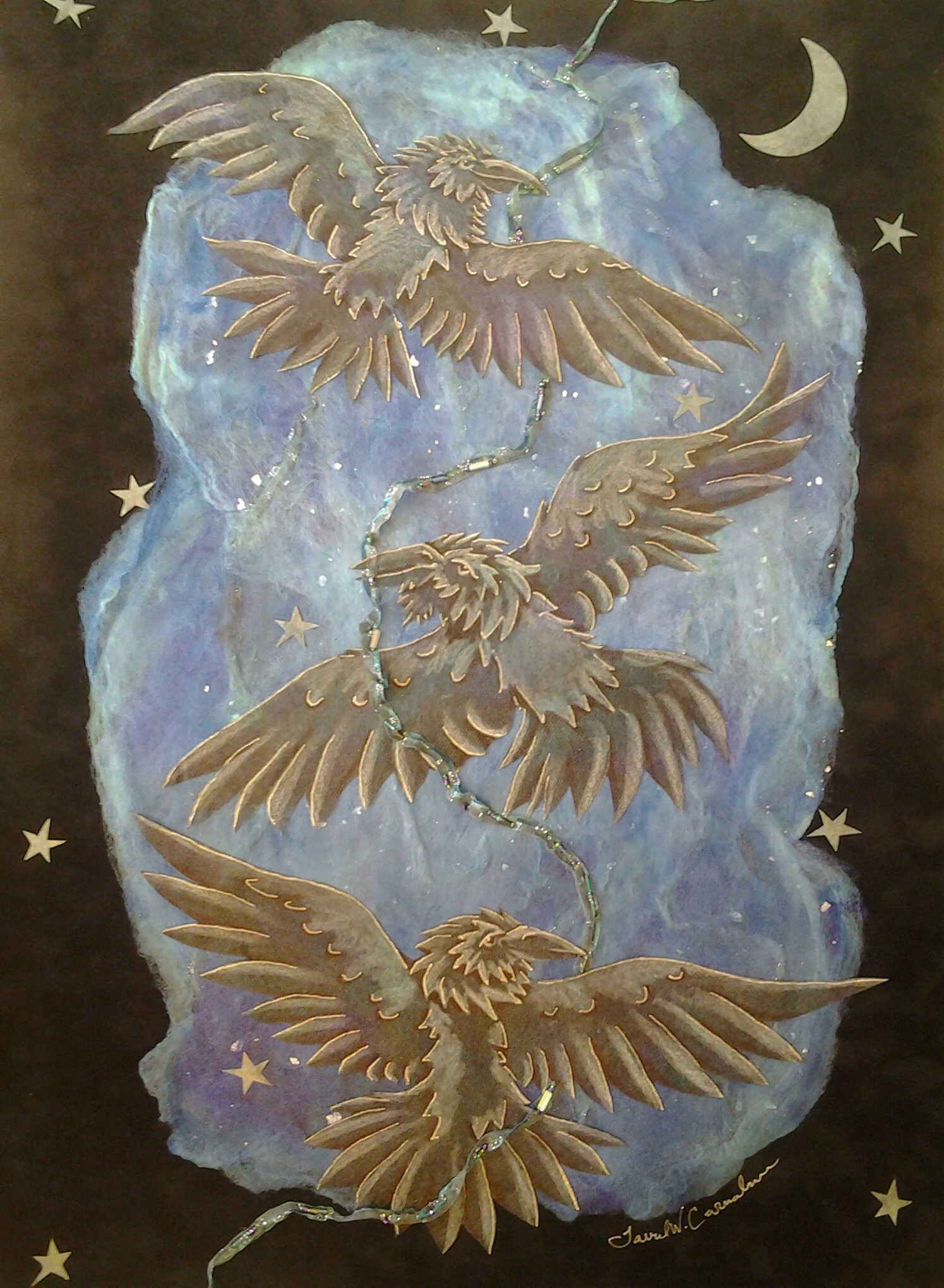For more personal narratives, please check out our personal narrative tag on Tumblr.
We are always open to submissions.
Personal narrative from an anonymous author
My experiences have caused me to lose faith in the idea that people will come to understand and acknowledge my sexuality without an explicit statement that I am asexual. Even this statement rarely generates understanding or compassion from friends; usually I am met with confusion, discomfort, or even silent denial in the form of attempting to steer the conversation elsewhere.
Here goes everything
I discovered the Wikipedia page for asexuality in January of 2008. By September of the same year, I had PTSD. These two facts are not unrelated. The story is sickeningly cliche, to be honest. Young Queenie discovers asexuality a month and a half into her first romantic relationship. When she comes out to her boyfriend, he tells her, “You’re not asexual; we just haven’t tried the right things yet.” Young Queenie doesn’t have enough knowledge or self-confidence to stand her ground. Boyfriend pushes at her boundaries, seeing how far he can overstep them before Queenie freaks out and throws him off her or…
On Sexual Abuse, Repulsion, and Aversion in the Asexual Community
I questioned for a long time whether or not I was sex repulsed or simply sex averse. A quick Google search will tell you that repulsion and aversion are synonyms, but our community hasn’t always used them in their dictionary defined sense. I think that we’ve differentiated these terms to help us better describe ourselves. In most contexts “aversion” has been used to mean “strong dislike” whereas “repulsion” implies physical reaction involving disgust. In theory, neither of these things actually involve sexual attraction (which we define sexual orientation on), they just happen to frequently accompany the asexual experience. Unfortunately sex aversion/repulsion also frequently accompanies the aftermath of sexual assault. This posed a dilemma for me: If I did feel sexual aversion, was it the result of my asexuality or sexual trauma?
Triggers Everywhere: Refocusing in College After Trauma
College can be hard even when nothing traumatic happens to you – especially in a physical therapy doctorate program – but navigating hallways where you could pass your rapist at any moment is hard on another level. And on a small campus, where he’s popular and you’re not? It can feel like all you can do is brace yourself. Forget support systems or telling anyone his name.
Violence Our Own Minds Play Out
Sometimes we visit violence upon ourselves, not just by intentionally harming ourselves or putting ourselves in dangerous situations, but by perverting things we enjoy or letting our mind run away with our feelings. It’s important to recognize the violence our own mind is playing out and address it, or else our mind wanders away.
When Sexual Abuse Comes in the Form of Words
One aspect of CSA that I don't see discussed very often is sexually charged verbal abuse. My experience with this is as a CSA survivor specifically, but I could also see where it could potentially be an issue for adult survivors of sexual violence well. In my own experience, the sexualized verbal abuse I was subjected to has actually been one of the hardest aspects to recover from long term.
It Gets Better: Chasing the ‘Before’
Probably the worst part of it was how my grandparents urged me to go back to who I was 'before'. For me, there was no before. I didn't realize it then, but for many of the victims of repeated childhood sexual abuse, there is no 'before'. You know the one. Before the abuse. Before the pain. Before the brokenness. Now, when I think about who I was 'before', I realize that it wasn't as clear-cut as my grandparents and the psychologist made it out to be. Now, I realize that the 'before' they referred to was their own—namely, before they knew about the abuse. Today, I have a different 'before'. Before I decided to live for me. Before I forgave myself. Before I realized that my life is valid, no matter what.
A Demisexual Survivor’s Experience
I didn’t know I was demisexual for years. My experience of demisexuality is superficially similar to the experiences of many allosexuals, and I didn’t know that I wasn’t experiencing sexual attraction. I liked sex as much as the next person and I was kinky, too. Apart from taking longer than everyone else to find boys cute, I didn’t think anything was unusual.
Art and Recovery
People seem to think that therapeutic art is always about expressing your pain and negative feelings. While drawing out images of exactly what the pain and terror of abuse feels like can be cathartic and hugely helpful, art that is about joy, comfort, beauty and color can act as a sort of refuge.









